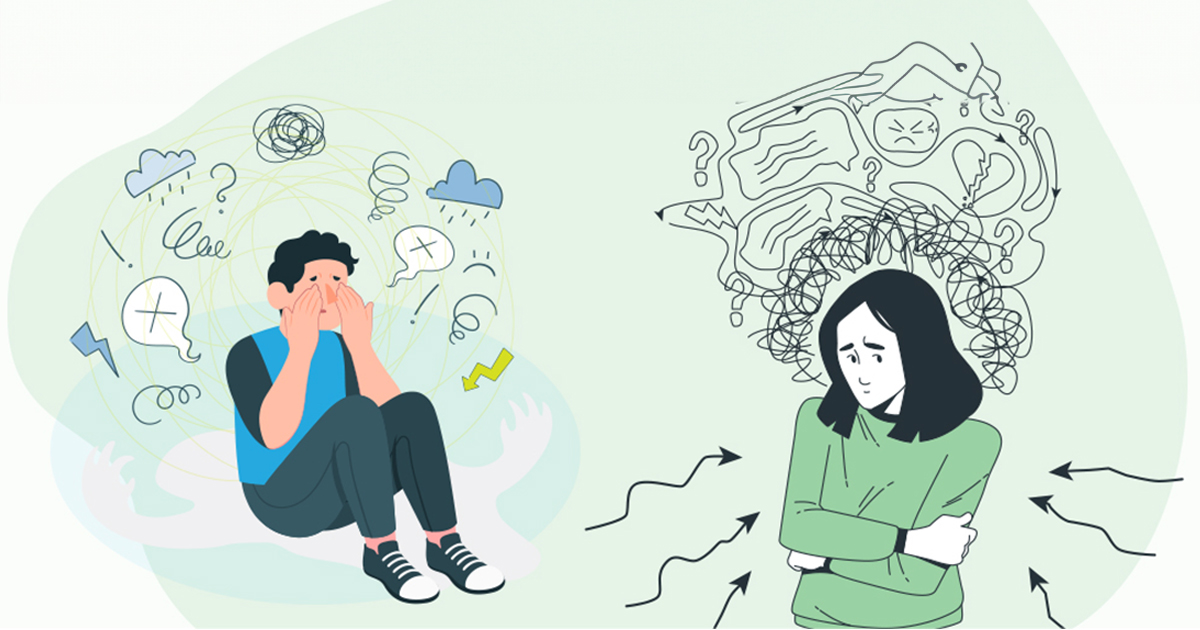In Response to the Recent Unrest
In light of the recent unfortunate happenings in Lebanon, which took the lives of many and left a large number of people injured, there is a need to address some of the most common reactions that one may experience.
Whether you have witnessed the events or you know someone who has, or you learned about it from the news, then this message is for you.
Are you experiencing any of these symptoms?
Anxiety | worry or panic | frustration or irritability | sadness | anger | helplessness
grief or loss | difficulty concentrating or lack of focus | overwhelmed | sleep problems
appetite changes | hyper focus on the news or social media | social withdrawal | powerlessness
overly concerned about your safety and the safety of people around you
These are all valid responses to dramatic events.
Remember that you cannot always avoid or control unexpected events or make the current uncertainty go away, but there are steps you can take to help you better manage the distress you are experiencing.
Here are some suggestions:
| Reactions/Behavior | Examples of things to do |
|---|---|
| High Anxiety/Arousal |
|
| Concern or Shame |
|
| Feeling Overwhelmed |
|
| Fears of Recurrence and Reactions to Reminders |
|
|
Changes in Attitude, View of the World and of Oneself (spiritual beliefs, trust in others, and concerns about ones’ own effectiveness) |
|
| Shifts in Interpersonal Relationships (overprotective, frustrated). |
|
| Excessive Anger |
|
| Sleeping Difficulties |
|
If you notice any of the above symptoms to be persistent and becoming more intense, please refer to the Counseling Services for further support:
Beirut campus | Tel: + 961 1 786464 | Ms. Zeina Al-Chidiac ext. 1635
Byblos campus | Tel: + 961 9 457262 | Ms. Joumana Haddad, ext. 2413 | Ms. Tala AlNoweisser, ext. 2057
Workshops Reminder:
| HANDLING THE UNEXPECTED IN LEBANON |
September 24 I 12:00 pm. I Frem 203 I Byblos campus September 30 I 12:00 pm. I AKSOB 903 I Beirut campus |
|---|
